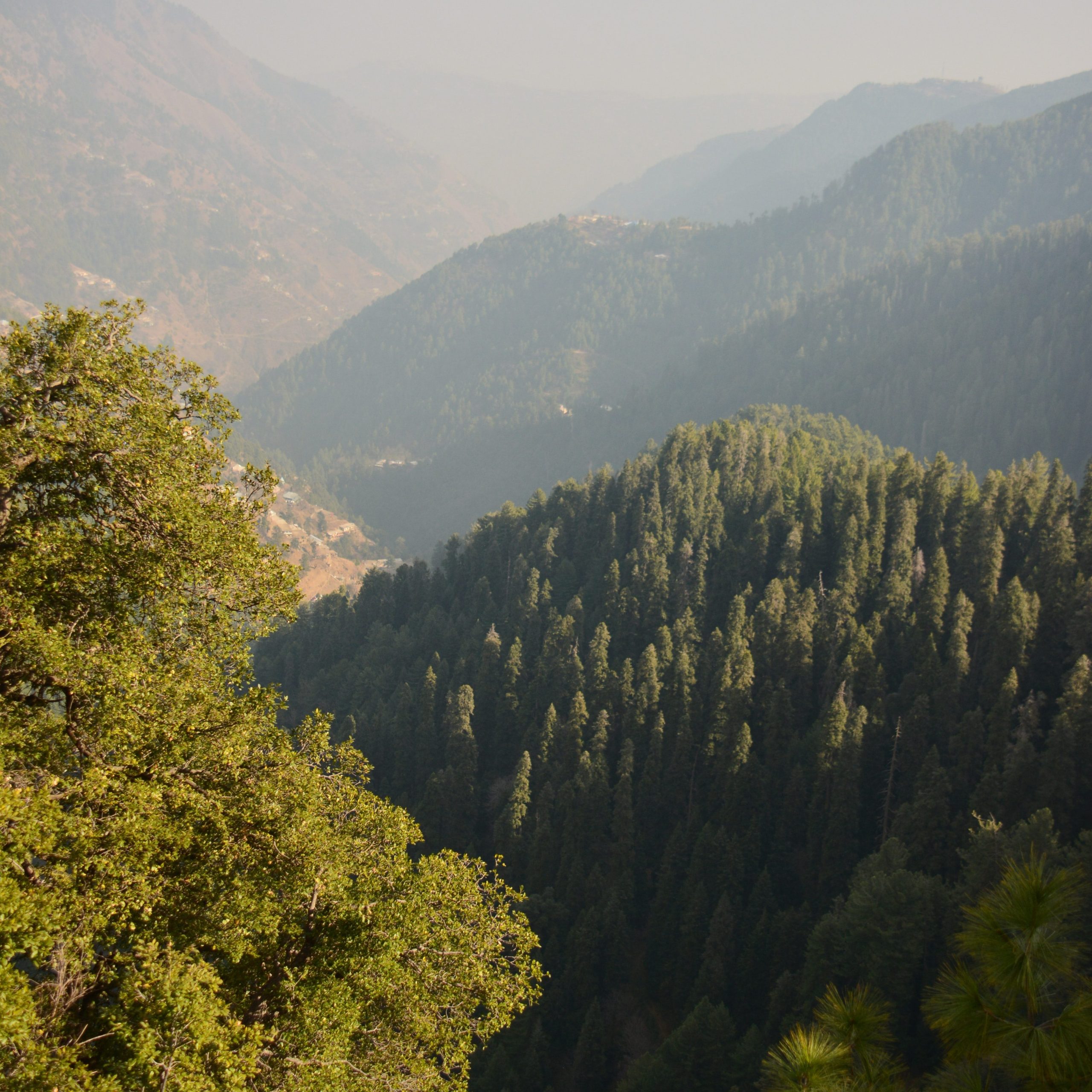
Mainstreaming social justice and equity in the management of Protected Areas and other conservation areas
Nearly 15% of the earth’s terrestrial surface is already designated for Protected Area conservation and the UN is in the process of agreeing its Post-2020 biodiversity framework to expand this to 30%. But conservation often runs up against social justice concerns, for example where it conflicts with local and indigenous peoples’ rights to livelihood or cultural practices. The UN and other global policymakers now recognise that such tensions are a major obstacle to tackling the crisis of biodiversity loss.
UEA research has developed a robust conceptual framework to help overcome this obstacle, enabling the expansion of global conservation to be informed by rigorous analysis of justice concerns and to prioritise the rights and livelihoods of vulnerable groups, for example the Monkoxi indigenous peoples in Bolivia. This has already changed how area-based conservation is governed by promoting the inclusion of social justice objectives and assessments. This impact has been achieved on two main fronts since 2013. Firstly, the research has led to change in international policy by directly bringing about a decision by the UN Convention on Biological Diversity in 2018 to issue guidance on ‘effective and equitable conservation models’ and subsequently by developing and launching (in 2019) a management tool that enables parties to implement this policy guidance. Secondly, UEA’s justice framework has led to legislative change in one of our case study areas (Bolivia). The framework was used by government and other stakeholders to clarify and assess indigenous claims to territorial autonomy, facilitating the decision to grant autonomy to the Monkoxi indigenous people in 2018.


